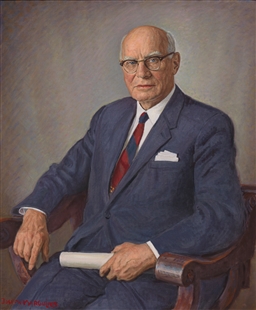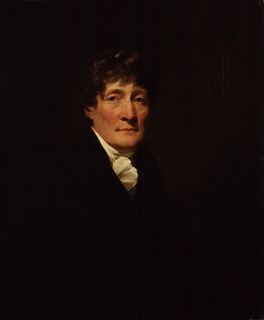A Quote by Alexandra Fuller
In southern and central Africa, tragedy roared at us, and we roared back. We shared dramas publicly, bled them on the corridors of hospitals, laid our corpses on the beds of neighbors, held our sorrows up in full light. We were volume ten about our madness and disorder, even if we were also resilient and enduring and tough.
Related Quotes
I existed before Star Trek. I started in live television. I was there when the cameras were as big as a table, had internal fans that were whirring and tubes that, because of the heat, had to come right up to our face for a close-up. Now, we are talking about green screen and putting us in locations that we'll never visit. What has happened to us is a miracle, and the miracle is our inventiveness. The tragedy of our lives is also our inventiveness.
If we are looking for insurance against want and oppression, we will find it only in our neighbors' prosperity and goodwill and, beyond that, in the good health of our worldly places, our homelands. If we were sincerely looking for a place of safety, for real security and success, then we would begin to turn to our communities - and not the communities simply of our human neighbors but also of the water, earth, and air, the plants and animals, all the creatures with whom our local life is shared. (pg. 59, "Racism and the Economy")
When we hate our enemies, we are giving them power over us: power over our sleep, our appetites, our blood pressure, our health and our happiness. Our enemies would dance with joy if only they knew how they were worrying us, lacerating us, and getting even with us! Our hate is not hurting them at al, but our hate is turning our days and nights into a hellish turmoil.
Friends and neighbors complain that taxes are indeed very heavy, and if those laid on by the government were the only ones we had to pay, we might the more easily discharge them; but we have many others, and much more grievous to some of us. We are taxed twice as much by our idleness, three times as much by our pride, and four times as much by our folly.
I remember the moment in which we were taken hostage in Libya, and we were asked to lie face down on the ground, and they started putting our arms behind our backs and started tying us up. And we were each begging for our lives because they were deciding whether to execute us, and they had guns to our heads.
Sometimes you have to wonder if there isn't an ejector seat built into having a popular-music career. We were lucky when we started. We were already old when we started - you could have described our first album as "aging Brooklyn guys." We were in our late 20s. We weren't octogenarians, but a lot of bands were already younger than us. Fortunately, we've held on to our manly good looks.
I realized that most white Americans knew very little about our history and our struggle, and were having difficulty understanding the basis for our agitation and our resistance and our complaints. I also discovered that while black Americans had a sense of the beauty and tragedy of the journey from the time of slavery until now, we were not rooted in the specifics. I thought one way to familiarize people with that history would be through the voices of the great folk artists.



































